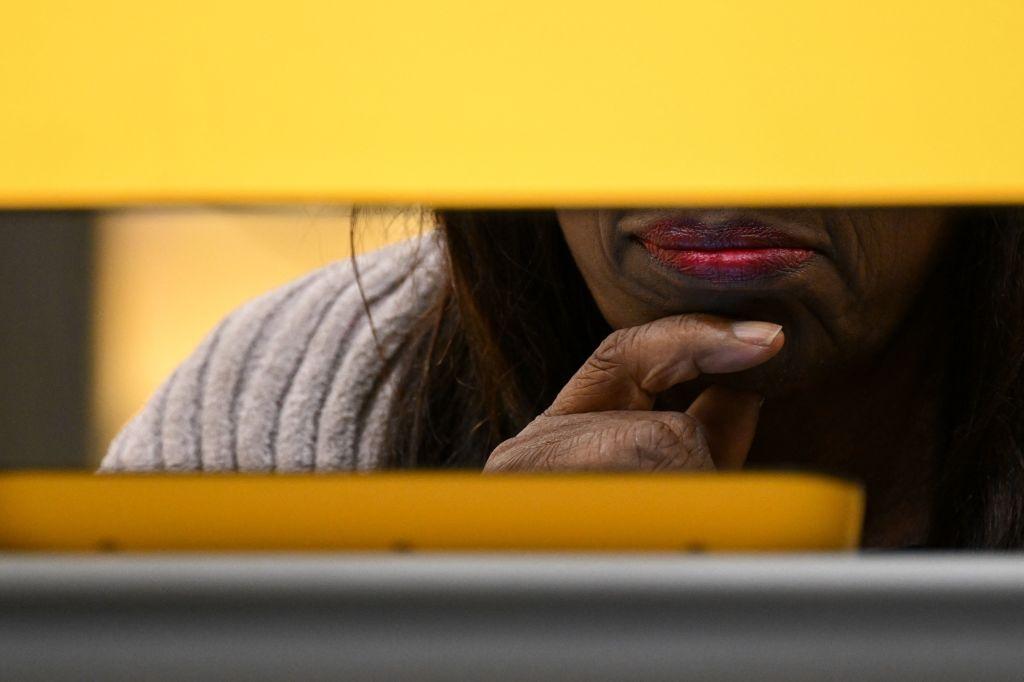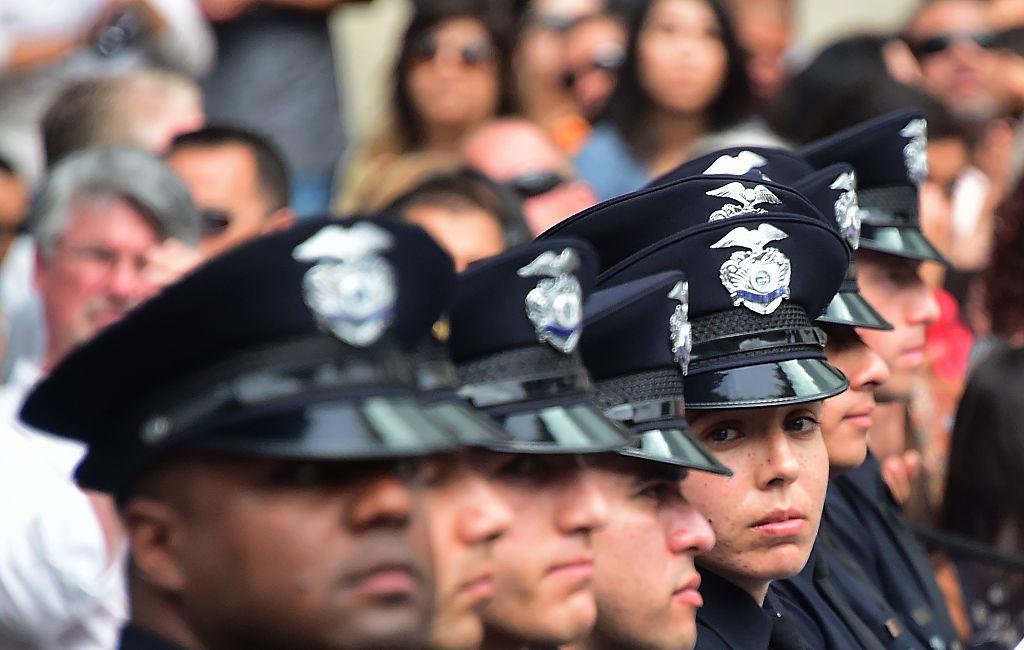In the Nov. 8 election in Los Angeles, three citywide and two countywide measures were on the ballot, with the majority of voters supporting removing hurdles for more affordable housing, adding a real estate sales tax to fund more homeless housing, giving county supervisors the power to remove an elected county sheriff, and imposing a tax on cannabis businesses.
The only measure not favored by Angelenos, according to preliminary results, was Proposition SP, a property tax to fund maintenance of public recreational spaces in the city.





